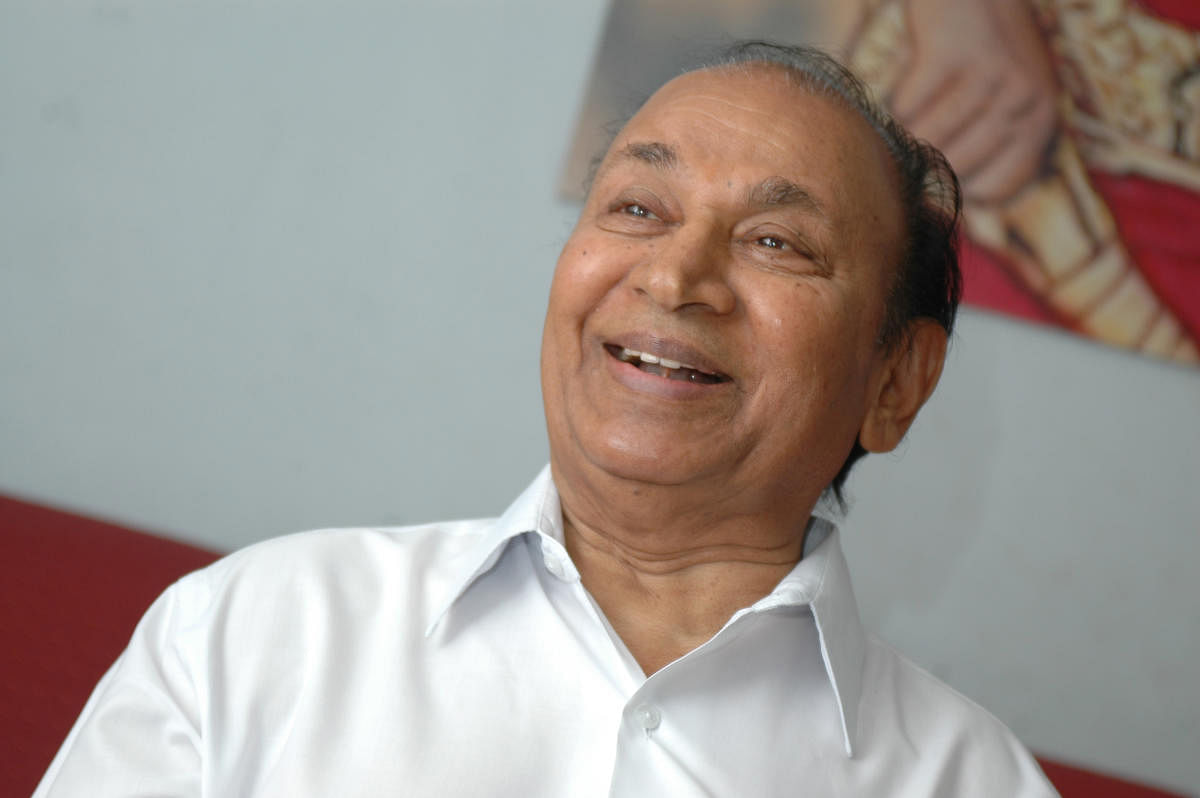SRK, Shilpa Shetty and the dilemma of endorsements


In an interview with the Indian Cinematograph Committee, Mahatma Gandhi said, “I have never been to a cinema. But even to an outsider, the evil that it has done and is doing is patent. The good, if it has done any at all, remains to be proved.” He was concerned more about the political, sociological and psychological impact of the medium than its creative possibilities. For Gandhi, everything had to be measured with the help of a moral compass.
Cinema has come a long way since his time. The medium has evolved exponentially, and so has its economics. Its artistic, cultural and intellectual possibilities have also been explored widely. But even now, Gandhi’s apprehensions have not been fully addressed. The use of the medium by monopolies, conglomerates and political vested interests is greater today than in earlier days. The impact of technology-driven visual forms on social and political institutions is clearly a matter of concern.
Cinema in its earlier stages was predominantly a cultural phenomenon in India. Actors came from backgrounds deeply rooted in traditional theatre, music and dance. They became movie superstars much later. Leave alone cultural icons like Rajkumar in Kannada, MGR and Sivaji Ganesan in Tamil and NTR in Telugu, even Hindi stars with a wider reach were not known for wealthy and opulent lifestyles. Their celebrity status was defined by their relationship with their audiences, and the causes they espoused. They were community leaders and did not endorse commercial products or represent business houses. That is how MGR and NTR eventually earned their political identities as well.
To a large extent, the generation that came after them — Rajanikanth, Kamal Hasan, Ambarish and Vishnuvardhan — maintained a cautious distance from commercial product endorsements. Things began to change at the turn of the millennium. With the failure of politics to deliver welfare states, market forces took control of all organs of governance. In India, democracy was redefined: visibility mattered more than political ideology to be a representative of the public. In the last two decades, a large number of film personalities have entered politics not through their political activism or ideology but through their mere presence in cinema and television. Likewise, businessmen and people of means are no longer lobbyists in the corridors of power, they occupy seats of power using their presence in visual social media. They have realised that their political strength lies in an economic relationship with the burgeoning middle class and not in the social empowerment of all classes. That is how they feed on each other.
Businesses want to sell their products using names familiar to their consumers and film personalities now know of big financial benefits outside of their professional pursuits. Their worth is now measured in terms of their product endorsements. Some have even entered the seats of power riding on their ‘brand value’. They have both the money and the visibility to ‘represent’ the hidden ambitions of their constituents. In the process, the moral compass is forgotten. So is the old idea that art should stand for truth and justice. Thus, an MP endorses a water purifier brand and a Bharat Ratna has no qualms about endorsing a wild variety of products. You can’t blame them when people don’t see anything wrong in their actions. Why should they lose their immense earnings for an undefined morality?
But then, we do wake up with moral dilemmas on some occasions. Shah Rukh Khan’s son is a suspect in a drug consumption case and Shilpa Shetty’s husband is purportedly involved in making sleazy films. What will happen to their brand equity? Does consuming brands advertised by these celebrities pose a moral dilemma, and is it against business ethics to engage with them? But rarely do we ask, ‘What happens when a celebrity speaks up for a cause not relished by the ruling establishment?’
It does look like an ethical question, but public memory is short. Shilpa Shetty is back on the sets. You can’t let go of brand equity to perish in a bear hug. The bulls are always round the corner and there is this omnipresent new media that can always provide gloss and respectability to anyone. Masks are a huge commodity in marketing. Old faces will remain and new faces emerge and the show will go on.
(The writer is the artistic director of Bengaluru International Film Festival).